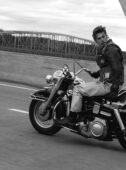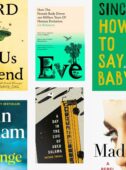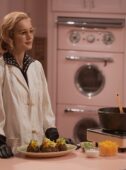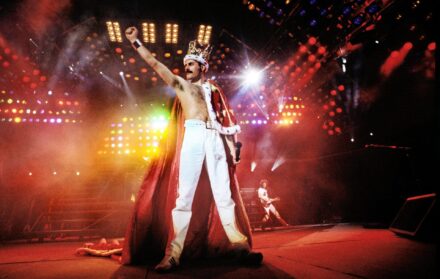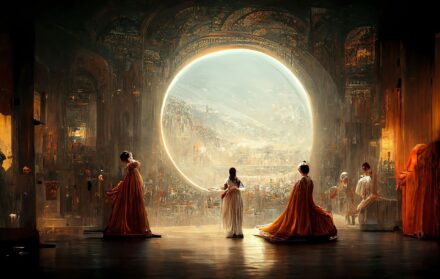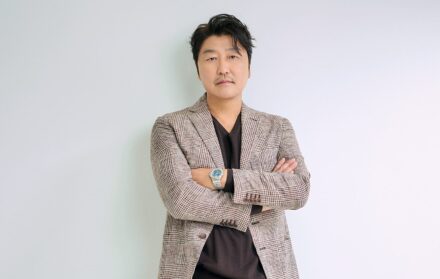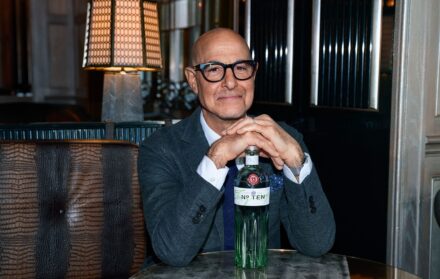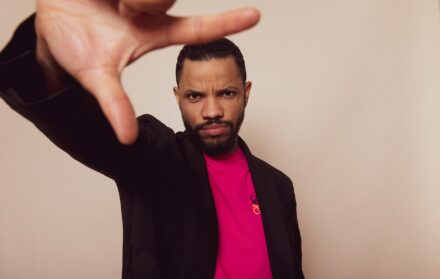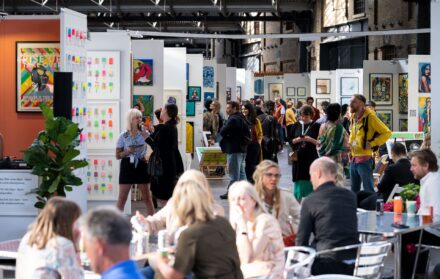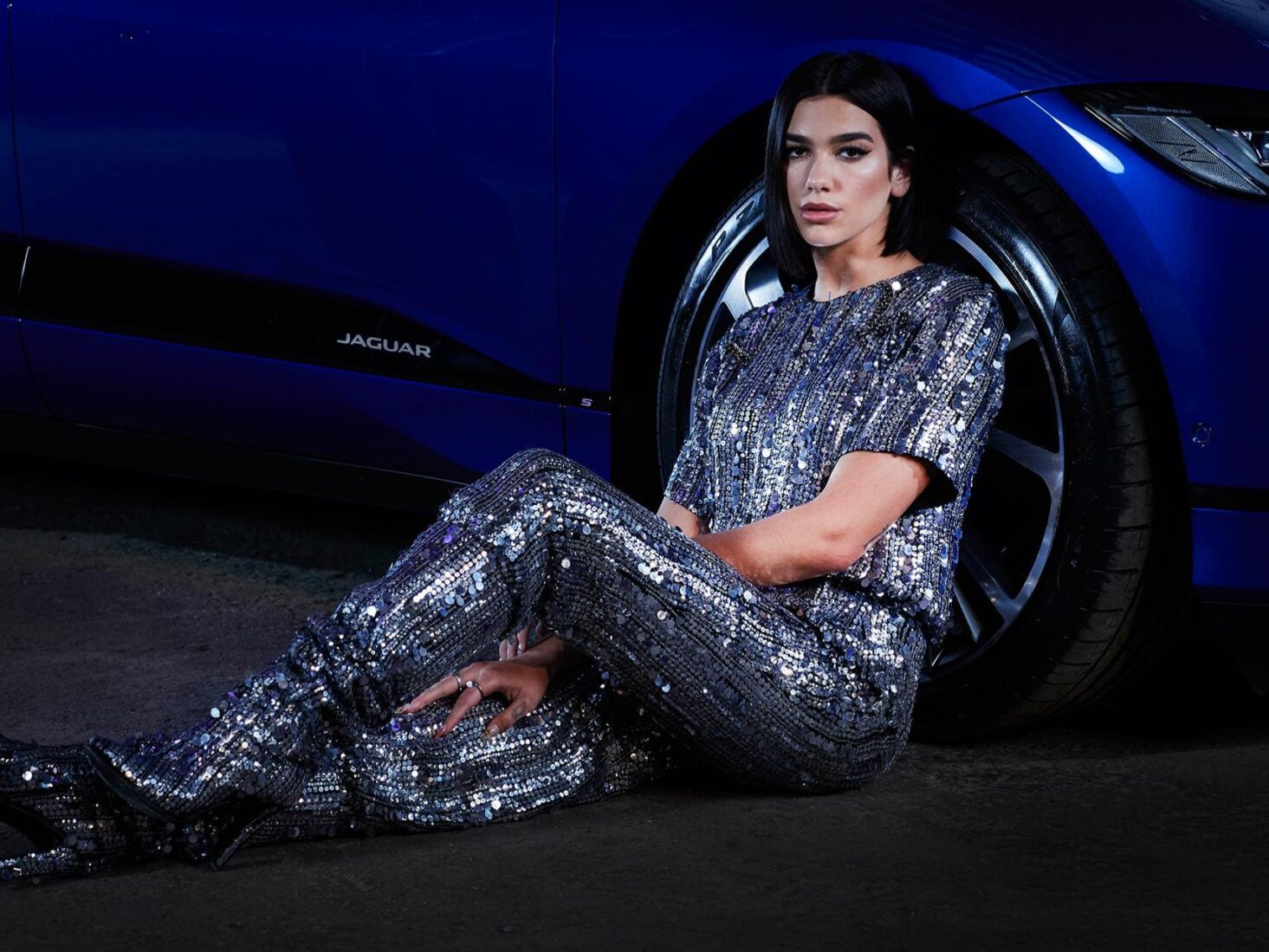
Dua Lipa on empowering music, mentors and her meteoric rise to the top
"I love fashion and dressing up. It’s always so much fun and I believe fashion, as well as many other things, is an outlet for me to express myself" – Dua Lipa
Only in her mid-twenties, singer-songwriter Dua Lipa has already achieved the kind of recognition that some musicians strive to gain over a lifetime. She made YouTube history as the youngest female artist to hit one billion views for a music video, was the most-streamed female artist in the UK in 2018 and became the UK’s most-played artist of the year in 2020. Her debut self-titled album was released in 2017 to critical acclaim and reached platinum status in just over a year, while she has amassed more than 27 million Instagram followers. Her second studio album, Future Nostalgia, was released in March 2021 and became an instant hit, going to number one around the world, achieving platinum sales within months and snagging her six Grammy nominations and Best Female Solo Artists and British Album of the Year at the 2021 Brit Awards.
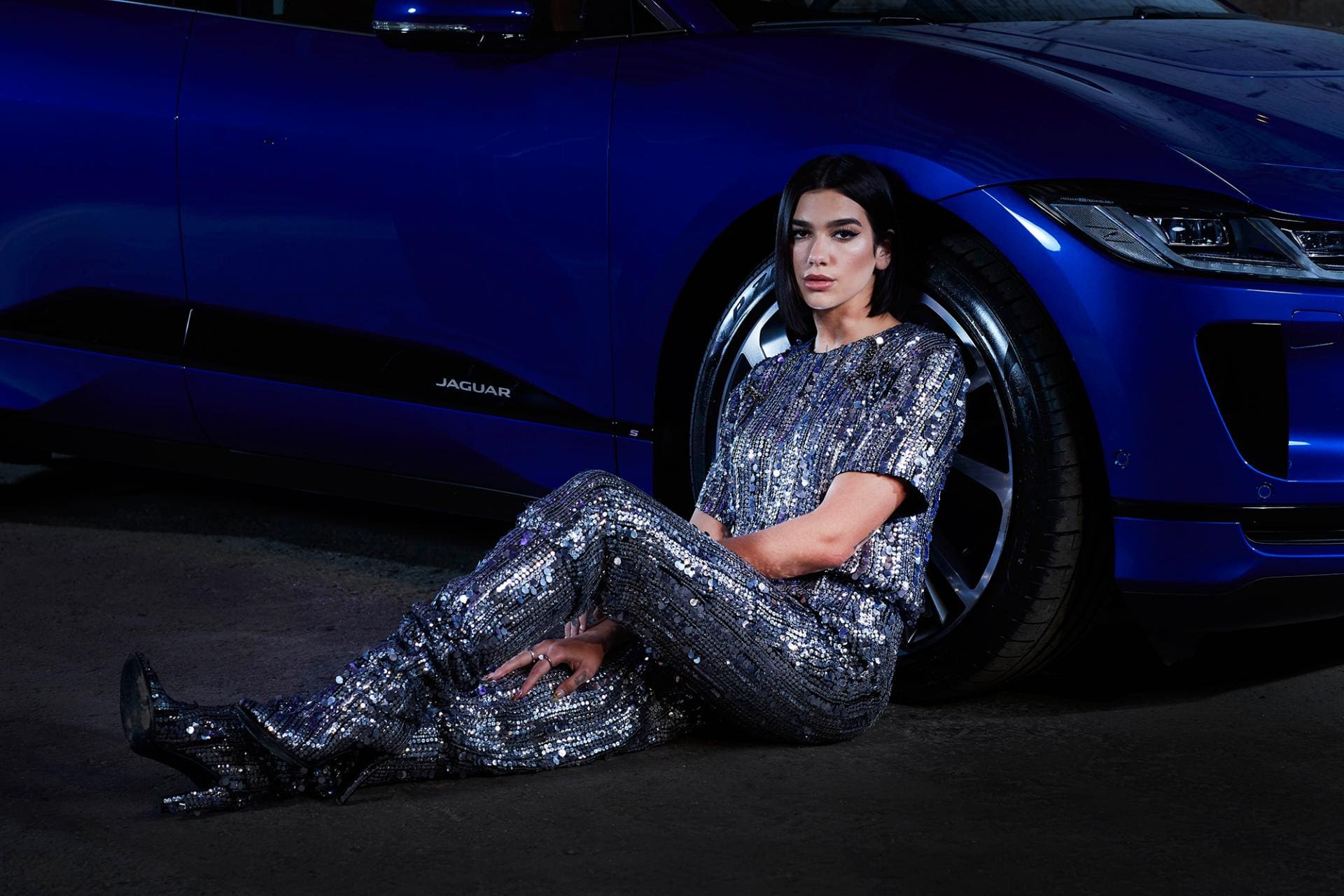
Dua Lipa has produced a string of infectious, female-focused anthems – including the 2018 single New Rules, which tied with Edwin McCain’s I’ll Be as the longest-charting pop song ever (a title stolen briefly last year by The Weeknd’s Blinding Lights before being taking back this year by Dua Lipa’s Levitating) – a record-breaking number of Brit Award nominations, celebrity duets and covers for GQ, Elle and Vanity Fair magazines. And the awards kept coming: to date Lipa has won five Brit Awards, three Grammys (including Album of the Year for Future Nostalgia), three EMAs and, incredibly, two Guinness World Records for most tickets sold to a live streamed concert by a solo female artist and most monthly listeners on Spotify for a female artist. This is clearly a woman at the top of her game.
Lipa’s work ethic, down-to-earth nature and message of empowerment have made her a role model for girls and young women, and her background is just as inspiring. Her parents moved to the UK from Kosovo in 1990 after war broke out, and Lipa was born in Westminster in 1995. She lived in London until she was 11, when her father’s job took them back to the Kosovan capital of Pristina. Surrounded by an unfamiliar language and culture, she struggled to fit in but finally found a place she belonged in the city’s hip-hop scene. Determined to pursue a singing career in London, Lipa persuaded her parents to let her move back to the UK capital on her own when she was 15, where she stayed with a family friend and attended the prestigious Sylvia Young Theatre School – an institution which counts Rita Ora and the late Amy Winehouse as alumnae.
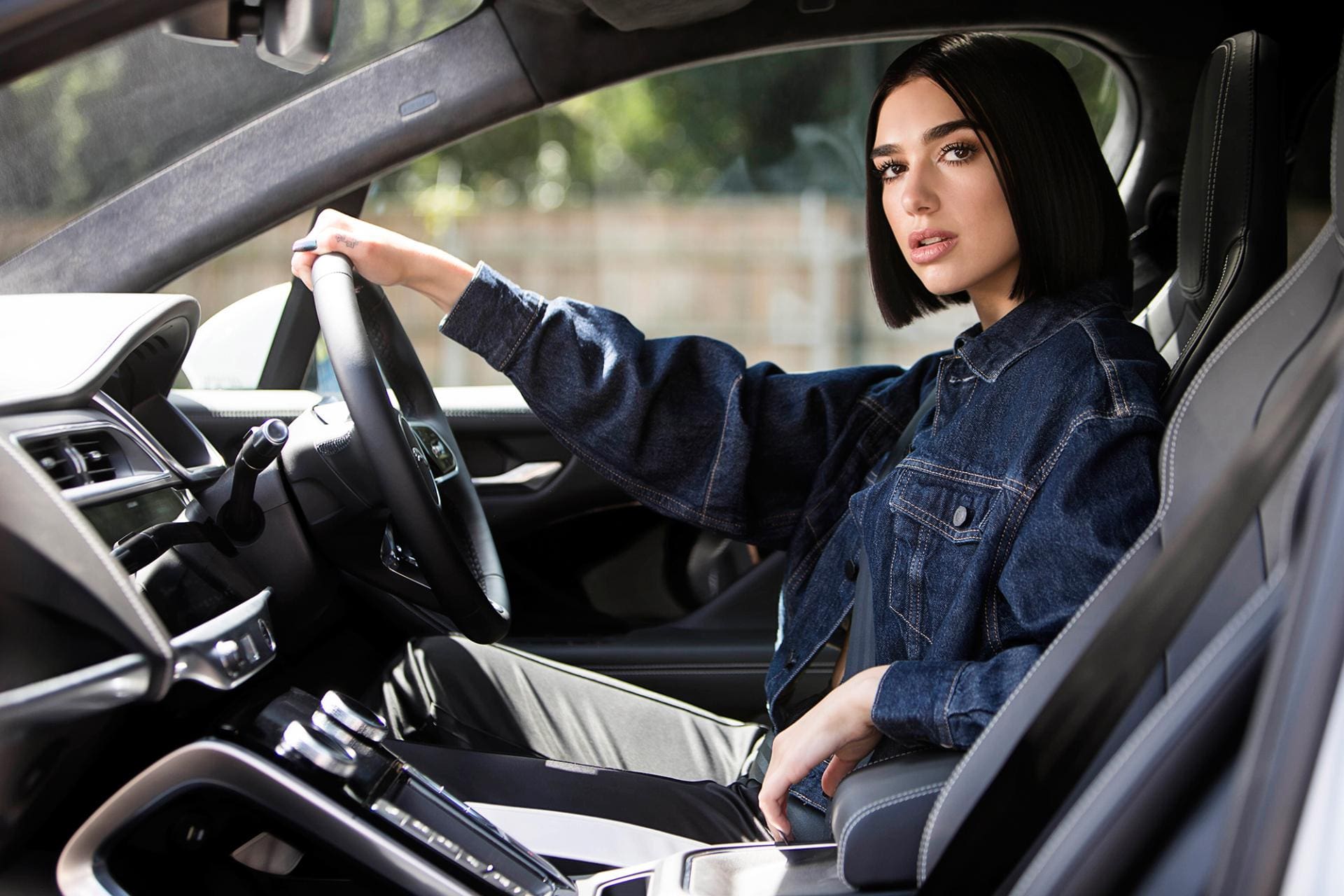
Lipa might not have looked back since, in terms of her burgeoning career, but her Kosovan roots are an integral part of her identity. Together with her father, she established the Sunny Hill charitable foundation for citizens of Kosovo and hosts a music festival there.
Beyond her music, Lipa’s edgy fashion sense and seductive beauty have made her a style icon. Having worked as a model in her teens, she is keen to maintain a parallel career in fashion and has fronted campaigns for Pepe Jeans, Puma, Evian, Adidas and, most recently, Versace. We caught up with the pop sensation to find out more about her family, fashion, and London life.
Through your music, you project a real sense of independence and self-confidence. Would you say you are a confident person?
Getting up and performing my songs, I do feel very confident. But a lot of the songs come from a place that lacks that. Something I always wanted was a way to portray confidence in my music – trying to make myself feel better in certain situations. Like the time after someone didn’t think I was good enough for him, and I wrote Hotter Than Hell, which made it seem like he couldn’t get enough of me. I guess that makes me feel empowered.
What is the main inspiration for your songs?
My life. My songs are all very personal and autobiographical. I write about things that happened to me, about things I know. Of my weaknesses. In fact, every time I feel weak, I try to write something that makes me feel stronger. Obviously, given that what I describe are situations and feelings that we all feel, I hope that others can recognise many of these same emotions.
Why is fashion so important to you?
I love fashion and dressing up. It’s always so much fun and I believe fashion, as well as many other things, is an outlet for me to express myself. I love mixing and matching different things and trying to find a few statement pieces that work.
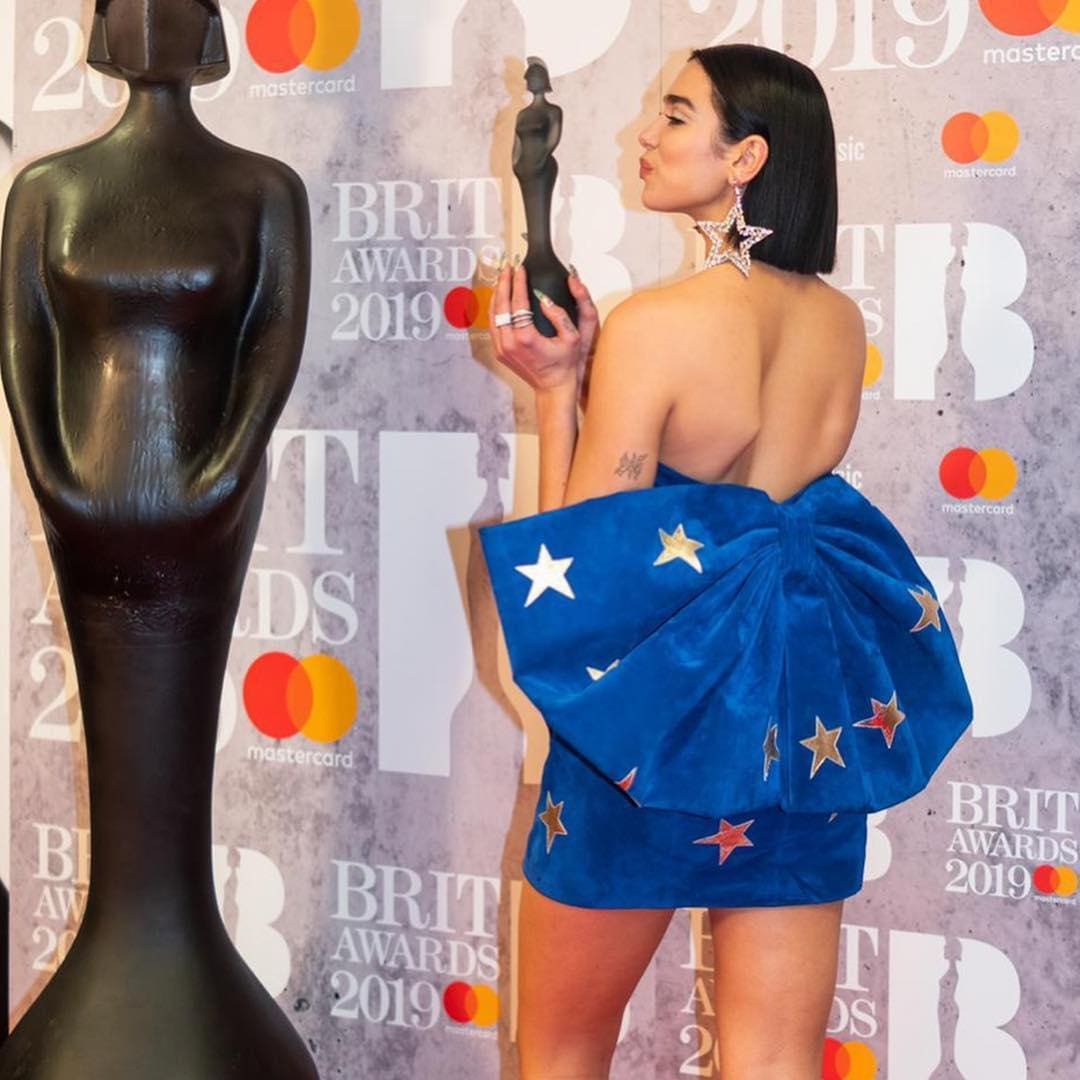 Dua Lipa in Saint Laurent at the BRIT Awards 2019
Dua Lipa in Saint Laurent at the BRIT Awards 2019
How has your father’s career as a musician shaped your own approach to the music industry?
My father has always given me good advice. He taught me to have very clear goals and not become distracted from pursuing your dream. He told me not to worry about having a Plan B because that can be a distraction and make you lose sight of what you really want to achieve. If you’re not thinking about a back-up plan, then you’re forced to concentrate on your true goal. I don’t know if that works for everyone, but it’s certainly worked for me.
Did your father encourage you to be a musician?
Seeing him perform on stage with his band made me realise that music was what I wanted to do with my life. He was always encouraging me. One of the greatest gifts he gave me was the advice that you need to work very hard if you want to bring yourself luck. That phrase has always resonated with me. You have to earn your luck. I believe that if you’re going to succeed you need to be very determined, don’t let yourself get discouraged, and above all, never give up. Both my parents are very supportive. They also reminded me to never lose sight of who I am simply to please other people.
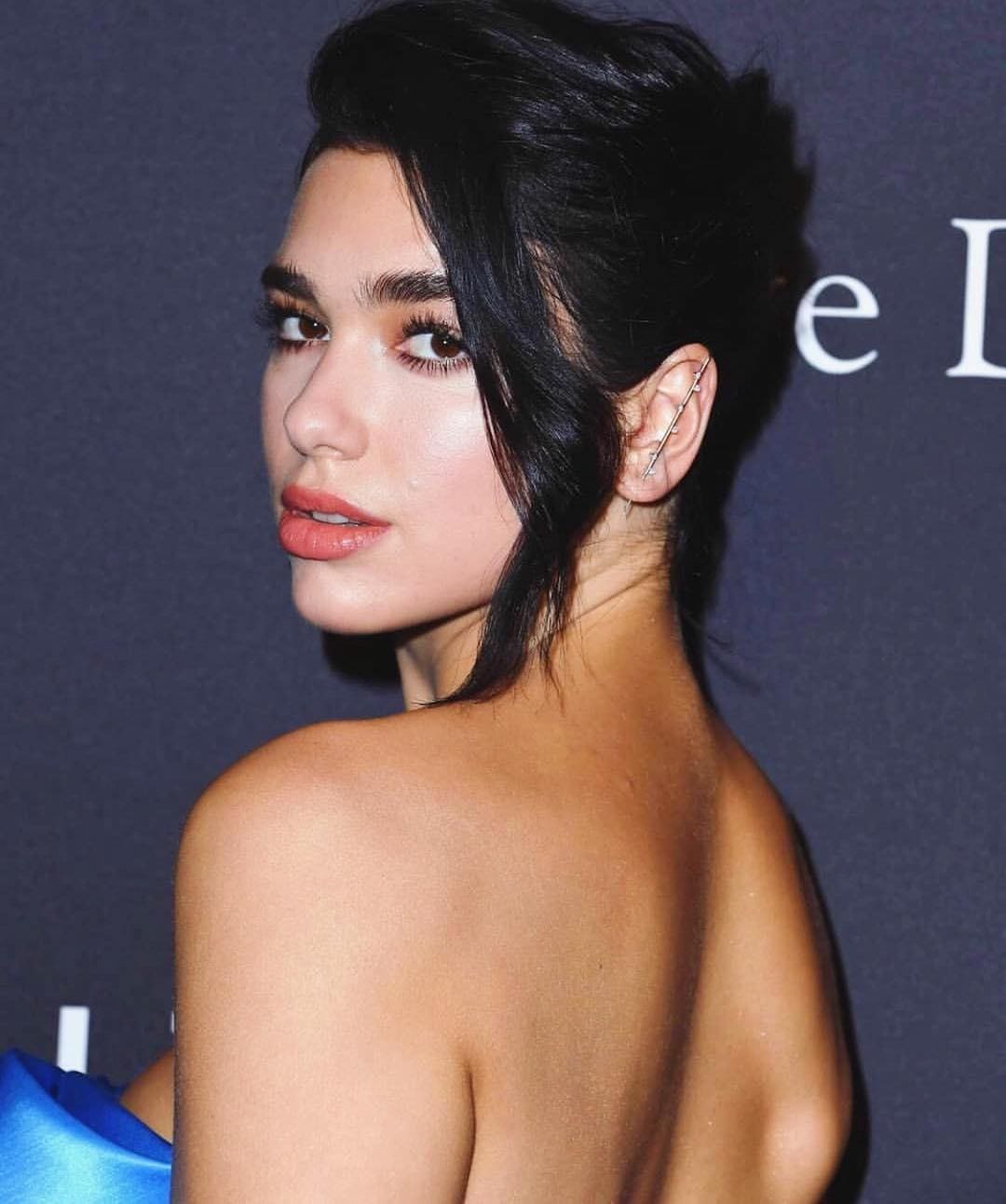 Dua Lipa at the Clive Davis Grammy party 2019
Dua Lipa at the Clive Davis Grammy party 2019
What music did you listen to when you were growing up?
My father was always listening to music in the house – David Bowie, Bob Dylan, Sting, Radiohead. Then I started listening to really strong female artists, like Nelly Furtado and Pink. I knew all of Pink’s songs by heart and I would sing them in the house.
At the start of your career, you posted covers of your favourite songs on YouTube. What part does social media play for you as an artist?
I wanted to become an artist who would one day be able to perform in front of audiences in every part of the world. Since I had no idea how I could go about that or who I could find to help me accomplish that, I decided to use social media to my advantage: Twitter, Facebook, Instagram and then YouTube. That way, every time I met someone in the music industry I could talk to them about my covers that people could see and listen to. Social media is also the best way for me to reach out to my fans and build a connection with them.
What were your goals when you returned to London at 15 – and was it hard to leave your parents?
I told myself that I would at least give myself a few years to get my music career off the ground. Music was all I wanted to do with my life and I thought that if I worked hard at it, eventually things would work out. I never really felt alone. At the time I was constantly in touch with my parents and spoke to them on the phone at least once a day. My parents also came to London very often to visit me. I consider myself very lucky to have enjoyed that kind of close relationship with them.
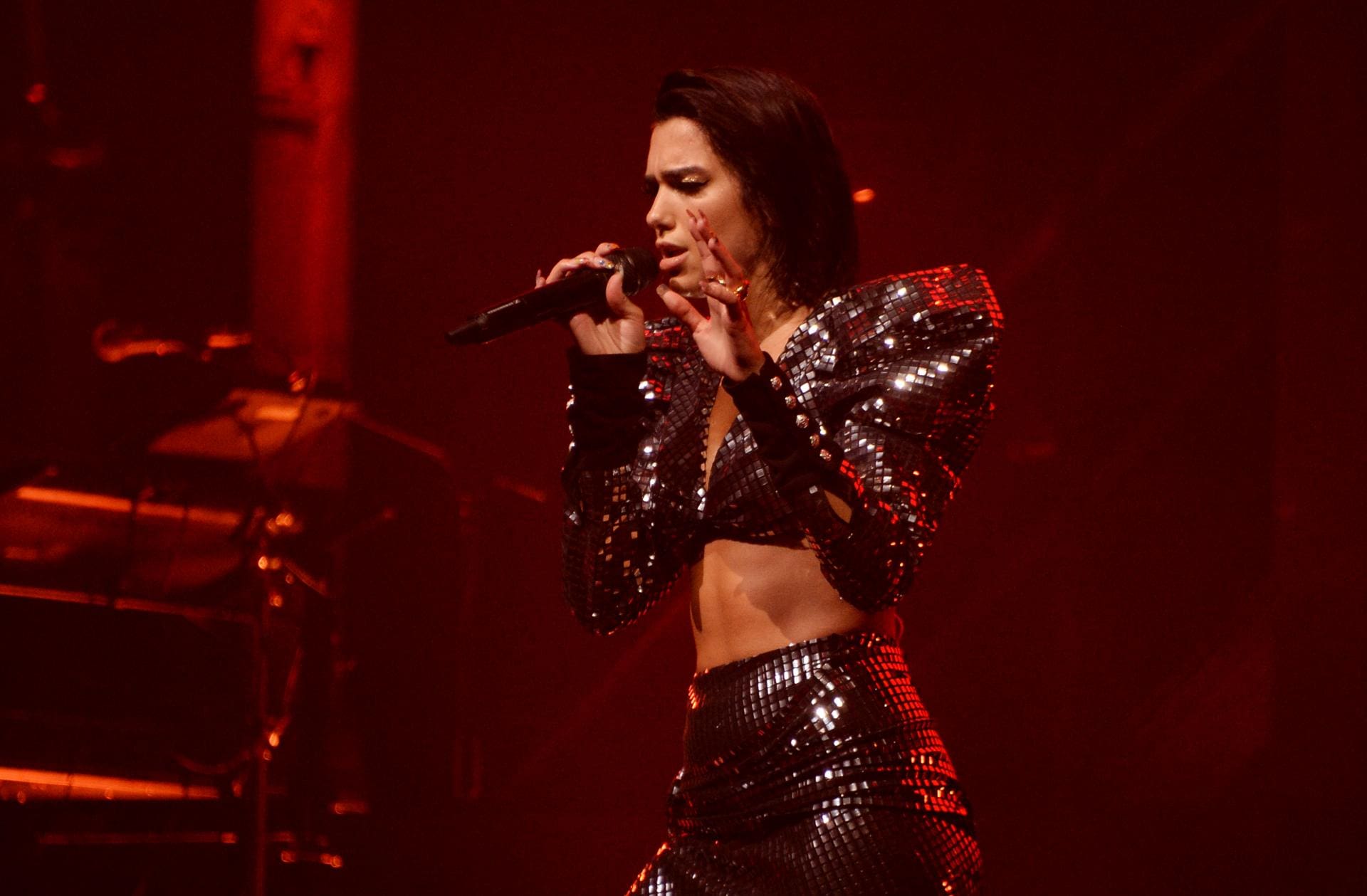
What was it like living alone in London at that age?
I loved the freedom I had and the fact that I could invite my friends home whenever I wanted to and without any restrictions on how late they could stay. But I hated having to take care of myself, preparing all my meals, doing my laundry and all those things because I didn’t have anyone else to do that for me.
What did you learn from the experience?
It made me become much more independent and helped me understand that if I wanted to make my dreams come true I had to get out of my shell and fight.
